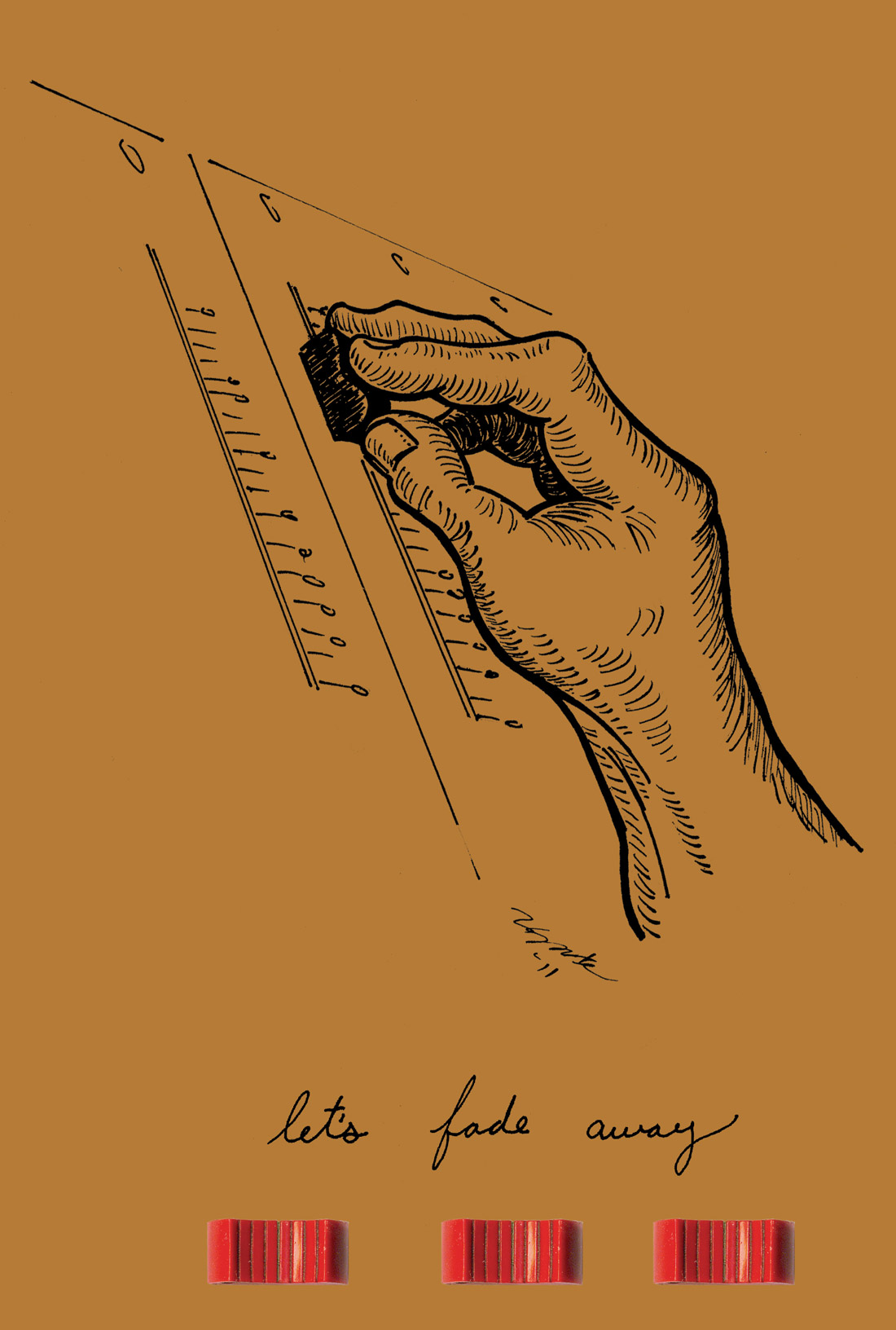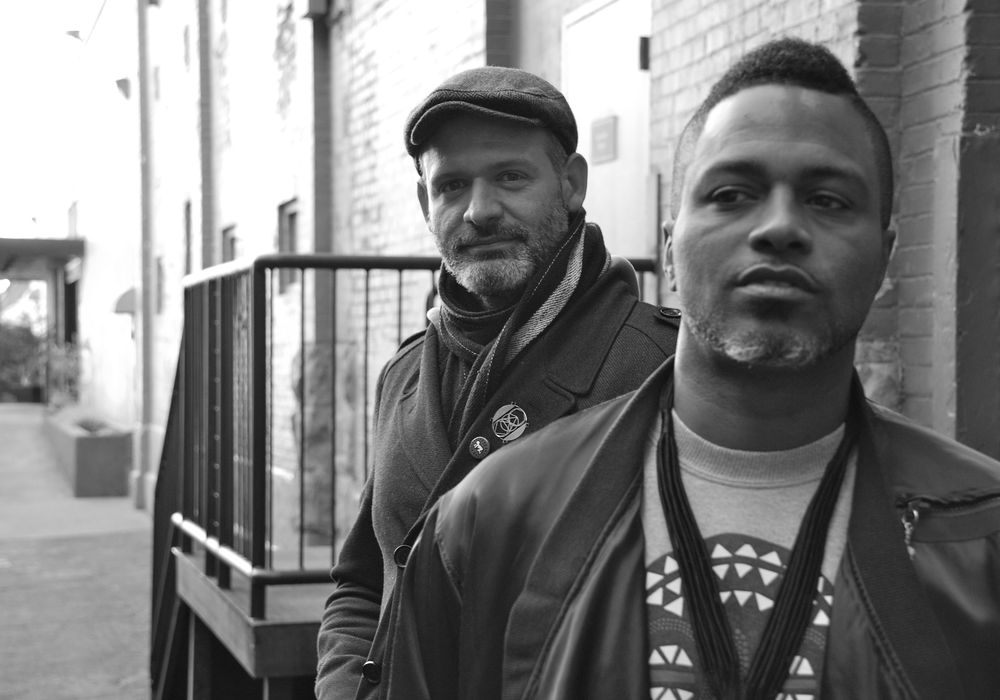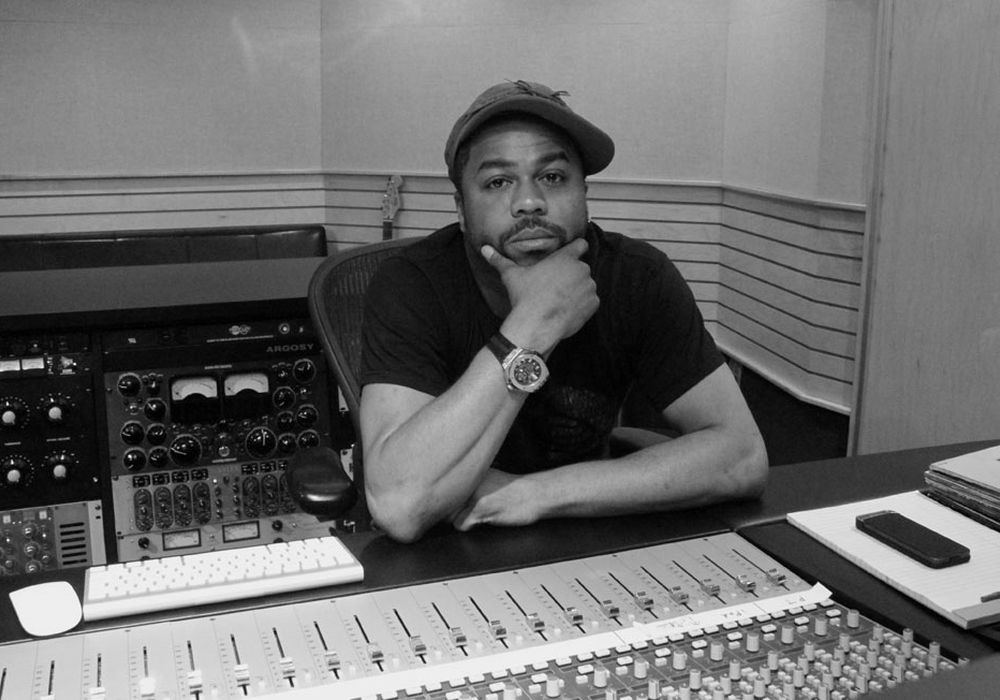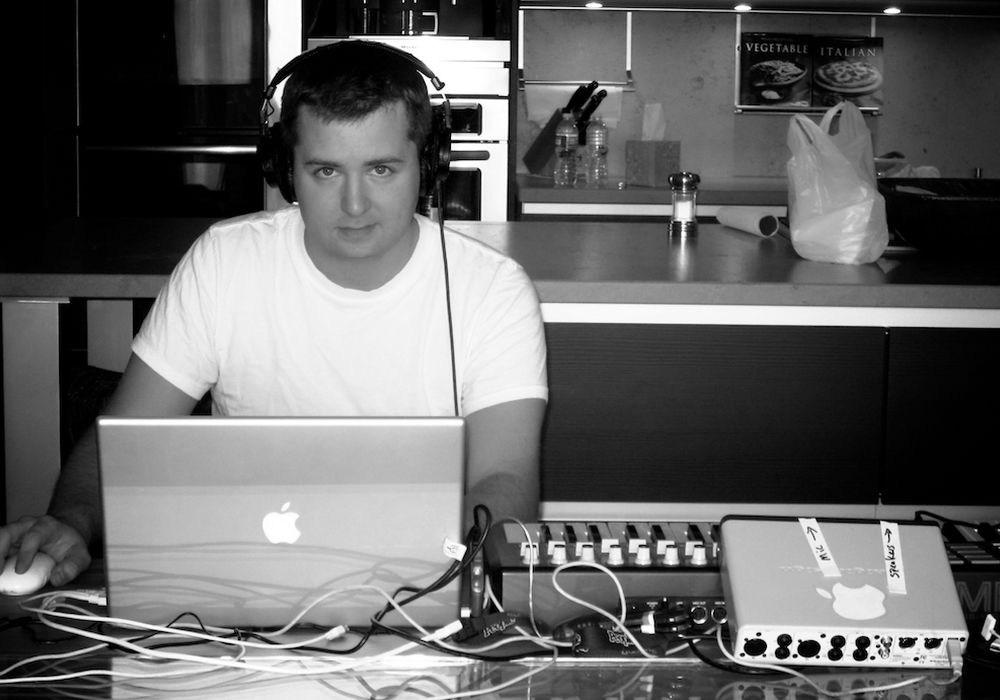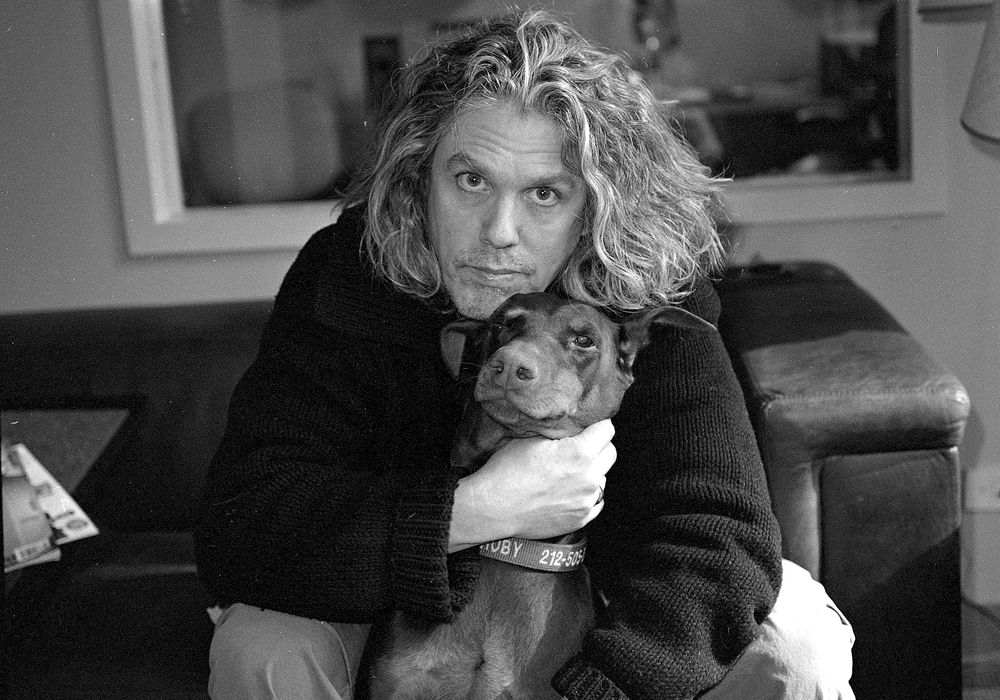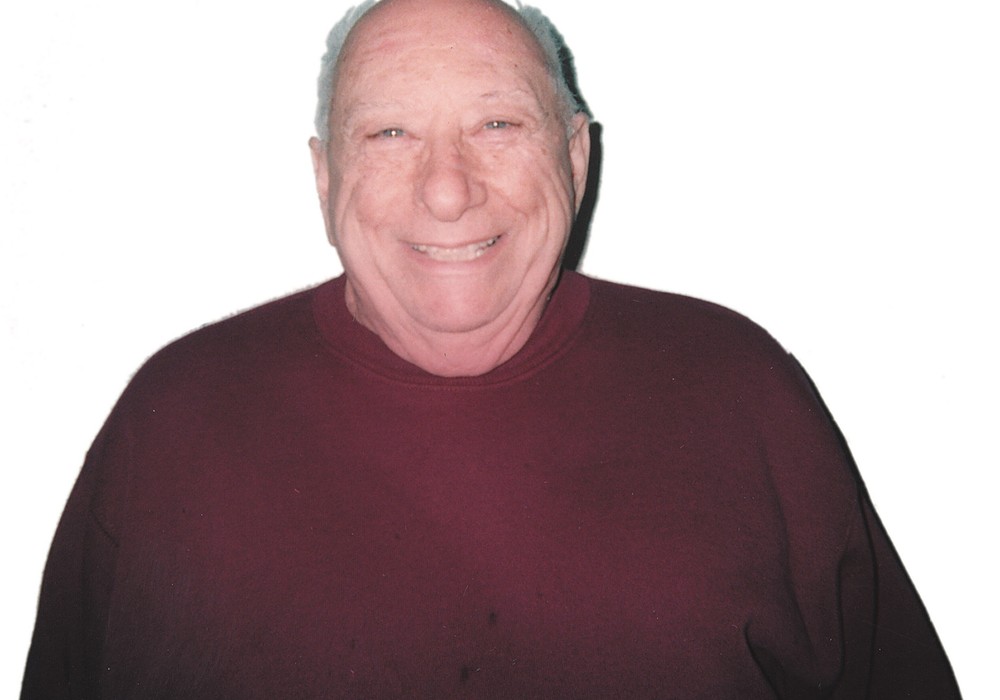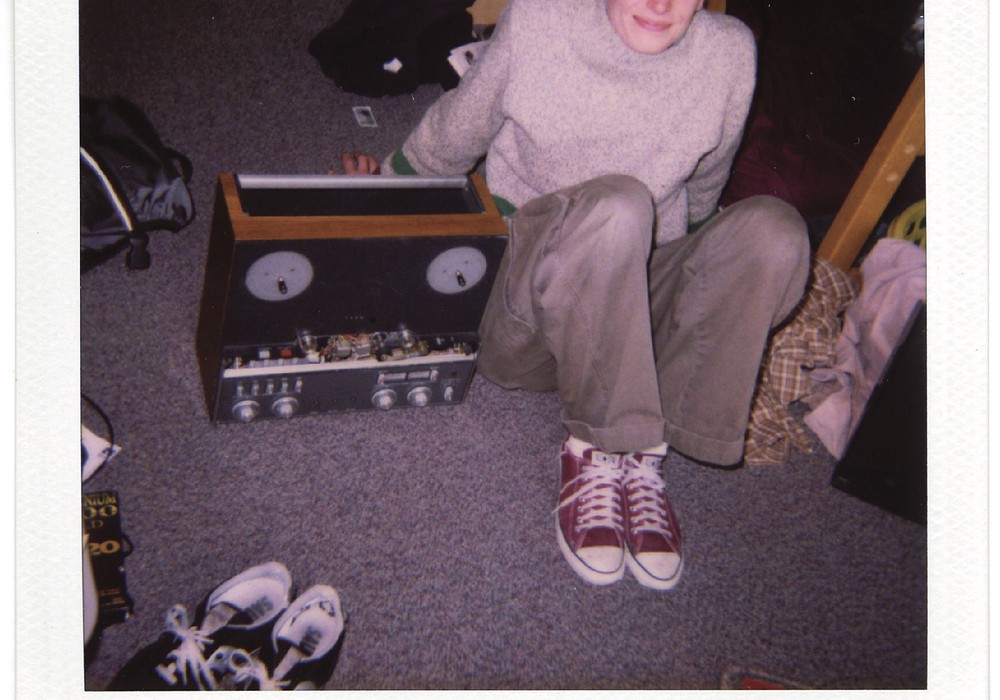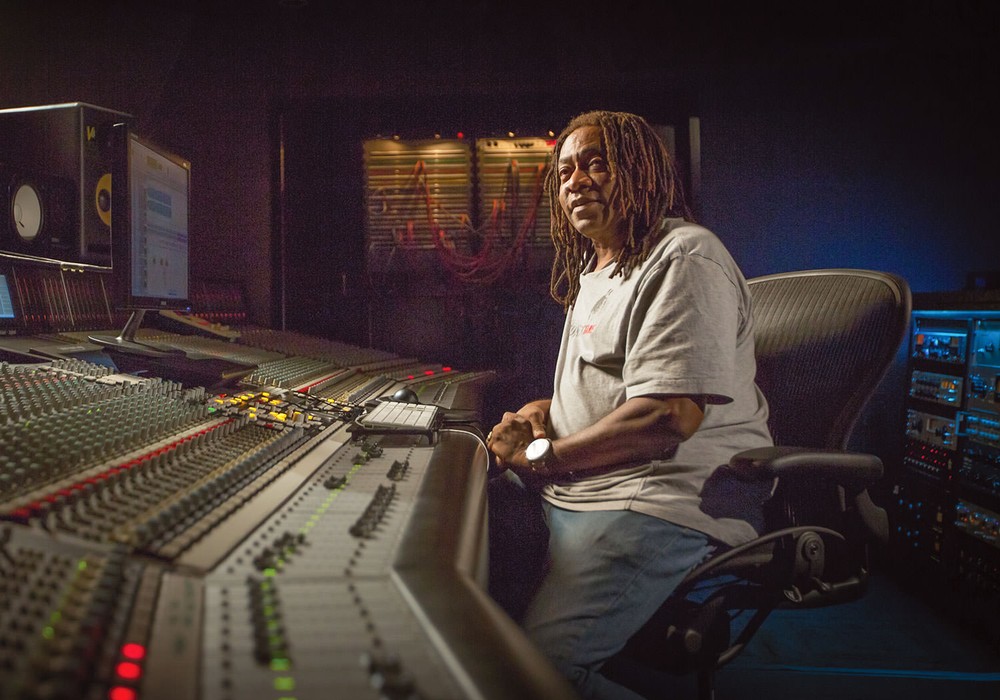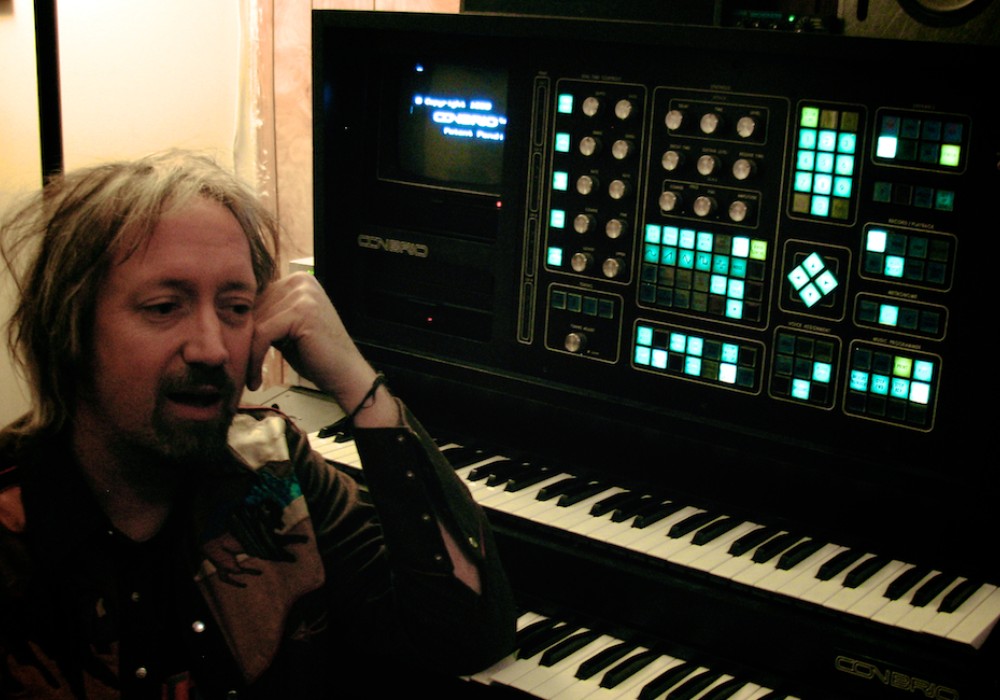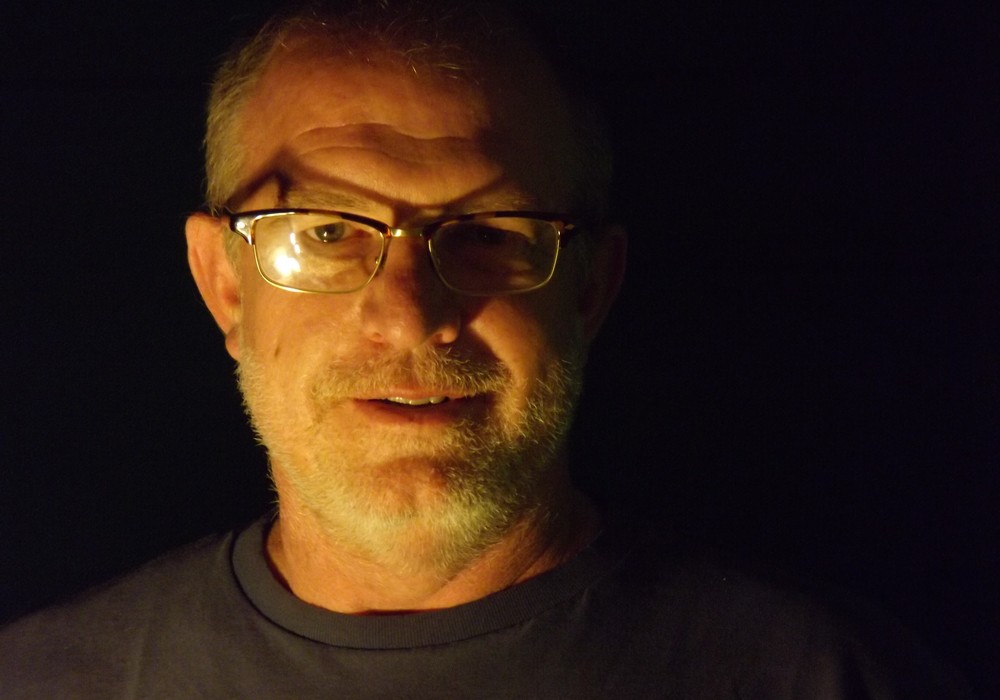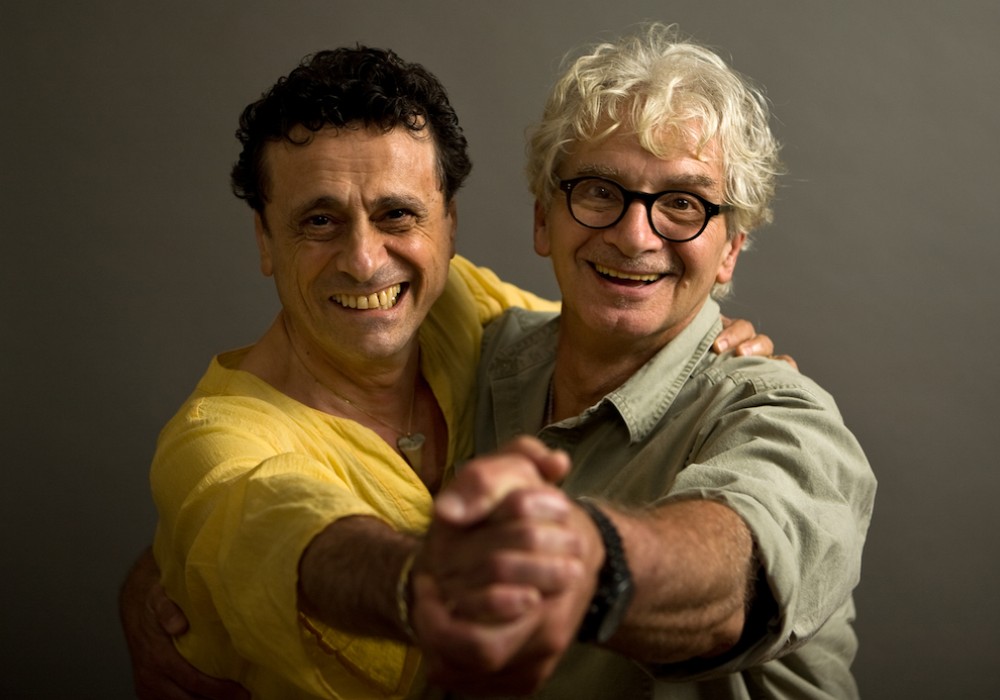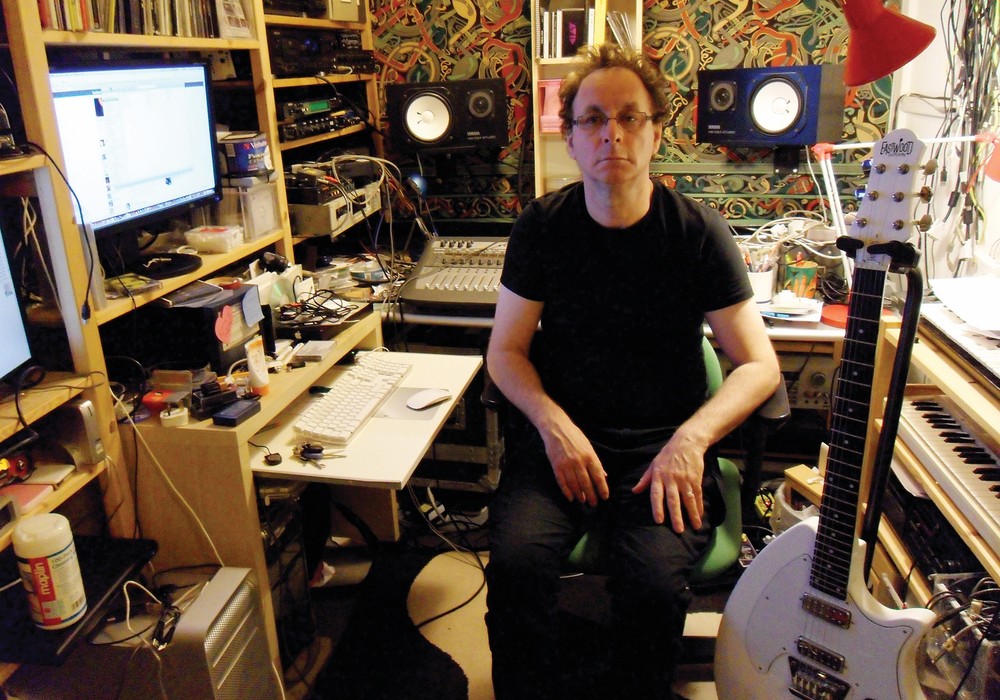Tim Latham has spent the past 24 years quietly making some great sounding records (except for when he's been nominated for and won a few Grammys), first in-house at Battery Studios in New York, recording and mixing some of the most acclaimed hip-hop of the '90s (De La Soul, A Tribe Called Quest) before making albums with Lou Reed, the Fun Lovin' Criminals, Black Eyed Peas, Kid Rock, Erykah Badu and Argentina's Los Ratones Paranoicos amongst many others. I dragged him from Queens to Manhattan for lunch and conversation to find the common thread in his diverse discography.
How did you start out?
The traditional route. I went to school — Berkelee — and graduated not knowing anything. One of the first jobs I had was at a studio that recorded sound-alikes for karaoke machines, which was quite an education. They sounded exactly the same as the records. It was a three month crash course in learning how to get the sounds of songs I grew up listening to. Then I went to Battery Studios the same week it opened its doors. I was hired as an intern, but it grew pretty quickly, so I started doing a bit of everything after a few months. Obviously assisting, but also at night I was engineering, because they were associated with the Jive/Zomba [labels] there was a lot of stuff like D-Nice, Boogie Down Productions and DJ Jazzy Jeff & The Fresh Prince. It was frustrating; even though the administration for the label was in the same building, I would get credited as "assistant" when I mixed the Fresh Prince record.
You did some French hip-hop artists — Fabe, Passi and others. Did that come from your New York rep?
Yeah that's exactly why!
You're primarily known for mixing. Was that a departure from what you'd been doing before?
In order to be someone who can record really well, you have to be a good mixer — it's kind of backwards. The brief education that I got at the karaoke place taught me more than I could have ever learned anywhere else. I had the knowledge, but as you know, there's not many live instruments in hip-hop and R&B. But I was born in 1968 — I didn't grow up listening to hip- hop, I grew up listening to...
What hip-hop is made from!
Exactly!
When you started working with the Fun Lovin' Criminals, did you record all of that?
Every note! They gave me the green light. I asked them up front what they were going for — "Do you want it to sound like Beck or more like Steely Dan?" They said, "Steely Dan," all three of them. And they didn't question anything I did — they just let me go. "Whatever you think is the right thing to do — just do it."
How did you hook up with them?
It was from the hip-hop side of what I was doing — the Tribe Called Quest stuff actually. I was out in Los Angeles working with The Pharcyde and this A&R guy from EMI said, "Why don't you come down and meet these guys?" I was going home the next day, so I met them and maybe eight days later we were in the studio and five days later the record was done.
You did the first album in five days?
With three days of rehearsal. They were starving hungry. I said, "This is the best way to do it." They trusted me. We went in the studio on Tuesday and it was done by Sunday. Then EMI made us sit around in the studio for another month!
Where was that done?
The Magic Shop [Tape Op #66]. Everything up until Welcome to Poppy's we did on tape. I held out for the longest time before switching to Pro Tools, just because I didn't think the sound was there yet. When HD came along, the plug-in architecture was a lot better and there was no looking back. When we did Livin' in the City, the Criminals were a bit hesitant as to whether Pro Tools would sound the same, so I recorded the drums to Pro Tools and tape simultaneously to see if they could tell the difference. Hands down, they said, "Get the tape machine out of there" — no difference. Often with the Criminals we work quite a bit at Walter Becker from Steely Dan's studio on Maui — when he's not using it, it's available for rental. So I'd work out the budget, go to the Magic Shop for three days, work 24 hours a day and then take the rest of the money and rent a house on Maui and do the vocal overdubs, tambourines — anything you don't need a studio for....
